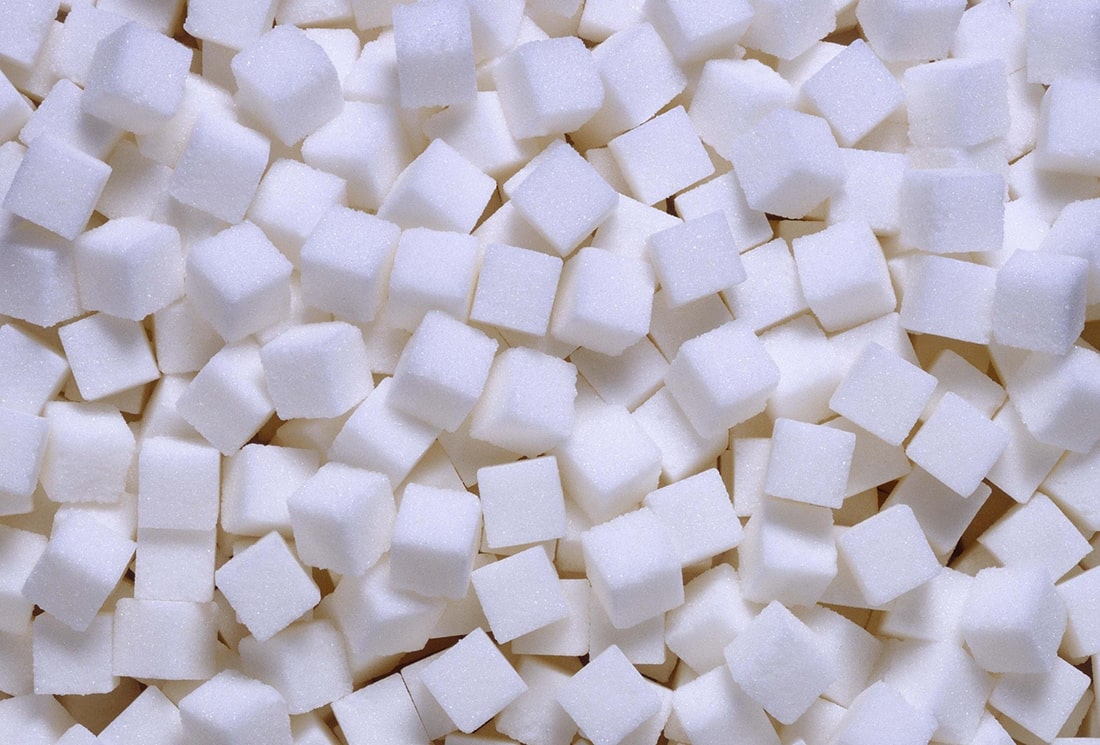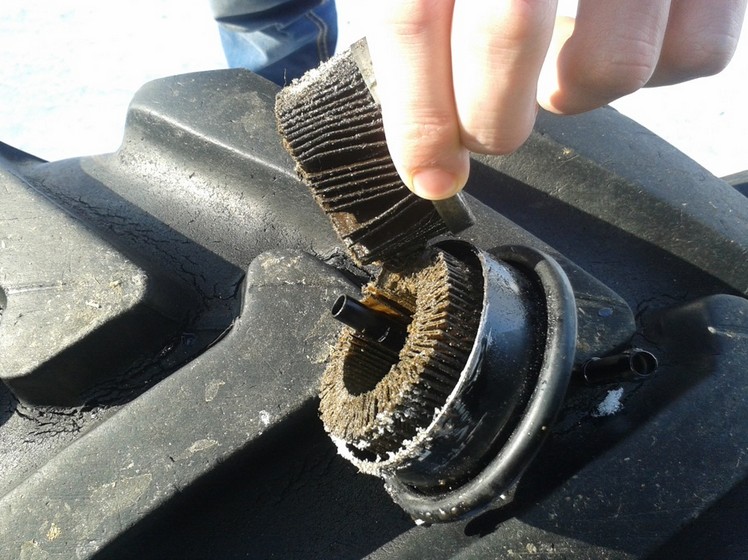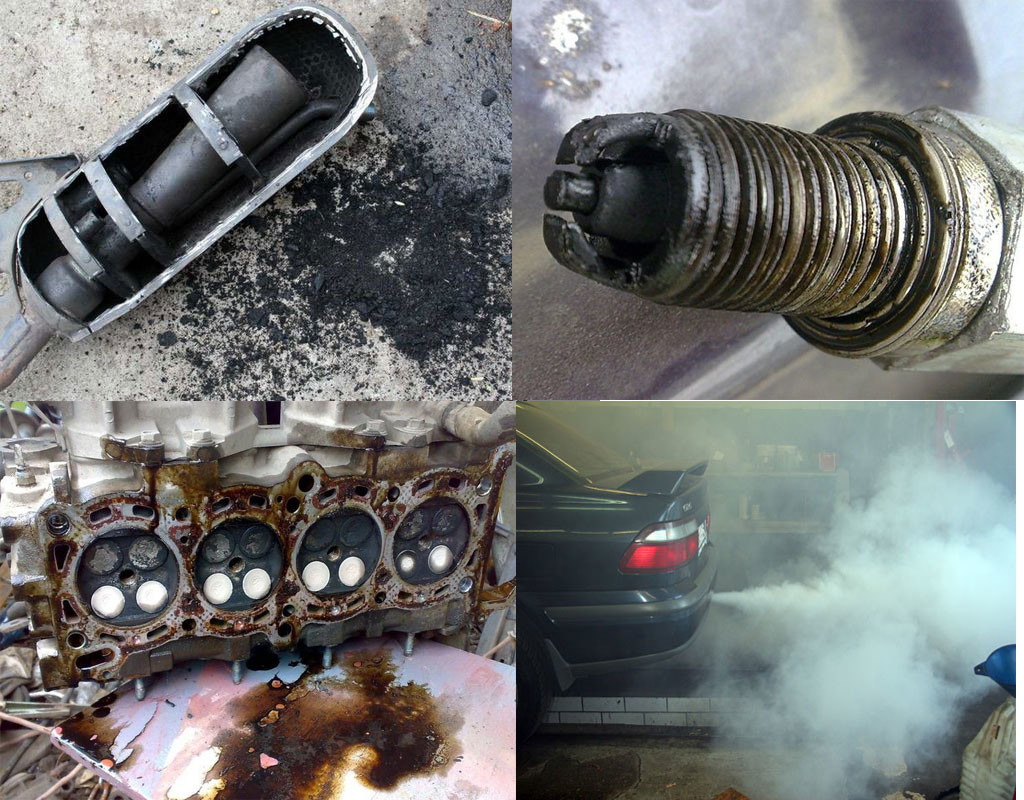
What happens if you pour oil into the engine: consequences and elimination
Content
Any internal combustion engine requires constant lubrication of rubbing parts, otherwise the motor will quickly fail. For each engine, a certain volume of the working fluid of the lubrication system is used: engine oil. To measure the level, a special probe is used with marks of the maximum and minimum allowable; on some modern autos, the level is determined by electronics. But why is it so important to control the amount of oil? If a lack of lubrication leads to damage and an increase in temperature, then what happens if you pour oil into the engine?
Overflow reasons
The most obvious reason is the carelessness of the owner (if the car is self-serviced) or service station employees. This happens due to the fact that when changing the oil, it is often not possible to completely drain the engine oil, up to 500 ml may well remain. Next, the standard volume of fresh liquid recommended by the manufacturer is poured, and as a result, an overflow is obtained.
It happens that a larger volume is poured consciously. For some reason, many people believe that the more lubrication in the engine, the better, especially if the so-called "oil burner" is observed. Motorists do not want to constantly pour, so there is a desire to immediately fill in more. Doing so is also wrong.
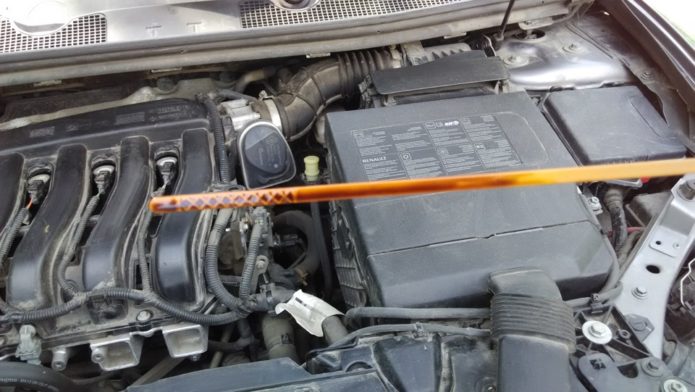
The oil level is 2 times higher than normal
The oil level may also increase due to antifreeze entering the lubrication system. This can be determined by the presence of an emulsion in the oil. In this case, the operation of the car is prohibited, it is necessary to urgently eliminate the cause of the malfunction.
How to find out about overflow
The simplest way to check is to check with a probe. To do this, the car must be on a flat area, the engine must cool for at least half an hour, so that the engine oil is completely glassed into the sump. The best option for checking after overnight parking before starting the engine.
Another indirect sign is increased fuel consumption for no apparent reason. Excess oil creates resistance to the movement of the pistons, the crankshaft rotates with great effort, as a result, dynamics drops due to low torque. In this case, the driver presses on the gas pedal more so that the car accelerates faster, and this in turn causes an increase in fuel consumption.
Other factors can also affect oil consumption. Read more in the article.
Overflow consequences
Many motorists know that engine oil heats up during operation and with a large volume of liquid, the pressure in the lubrication system increases. As a result, seals (glands) may leak.
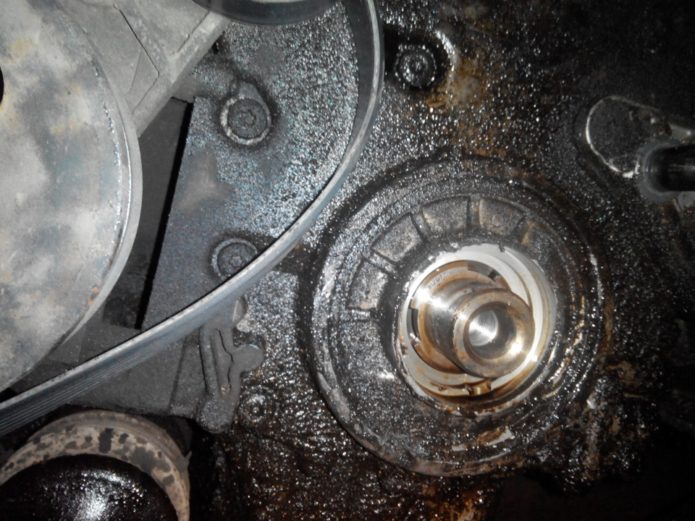
The location of the crankshaft oil seal and oil leakage
Also, due to the high level of lubrication, a number of characteristic malfunctions are distinguished:
- coking in the cylinders;
- it is difficult to start the engine at low temperatures;
- reduction in the service life of the oil pump and catalyst in the exhaust system;
- foaming of the oil is possible (decrease in lubricating properties);
- failures in the ignition system.
Video: what threatens overflow
How to fix the problem
To eliminate overflow, you can use several methods:
- Drain the excess through the oil pan drain plug. To do this, you need a viewing hole or overpass. Please note that the oil may be hot.

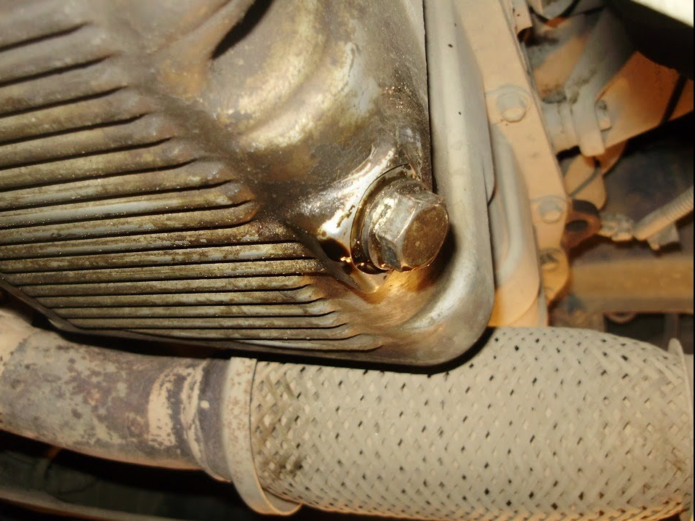
The approximate location of the pallet plug is always the same
- Suck out the oil through the dipstick hole. For this procedure, you will need a syringe (the larger the volume, the better) and a silicone tube of a suitable diameter, you can use a tube from a medical dropper. Oil is pumped out with a syringe until the level returns to normal.
- Well, the easiest way is to come to any car service, where for a small fee they will quickly fix your problem.
Video: how to pump out engine oil


Watch this video on YouTube
The optimal oil level in the engine should be between the minimum and maximum marks, each car owner should control it regularly. This is the only way to notice an increased consumption of the working fluid or an increase in the level for no apparent reason in time.
